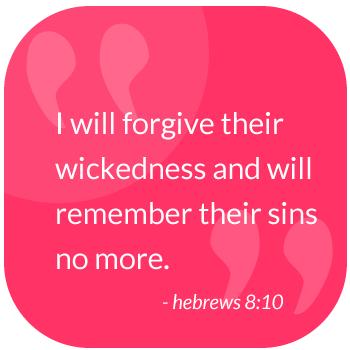Written by Andrea Lucado
How do we surrender and experience victory simultaneously? In our culture, surrender is equivalent with failure, right? Surrender is giving up. Surrender means we are not strong enough, not good enough, not something enough to complete the task at hand and come out on top. No, we are not anxious to wave our white flags of surrender. We clutch them tightly and keep them hidden behind our backs. We are not weak. Or at least we don’t want the enemy to think we are.
So then why, of all things, does God the almighty and victorious one call us to surrender?
He does it often. From the Old Testament when the Israelites were rebelling and refusing Babylonian captivity to the New Testament when Jesus upholds those who are meek and instructs us to “turn the other cheek.” God’s word urges his people to surrender from the battle within and from the battle around us. We often grow unaware of these battles, forgetting that our flesh is at constant war with our spirit and that good is at constant war with evil. These battles are too big and too important for us to fight on our own.
The battle occurring within each of us is dangerous to forget about. Our flesh leads us down paths of destruction: bitterness, jealousy, anger. Our flesh tries hard to achieve our worldly desires and goals. We work hard to save money, get a promotion, not let others hurt us, not let others hurt the ones we love, fix people’s problems. It is exhausting work. And lasts only until we hit a wall or rock bottom or completely fail, realizing we have nothing left to offer.
Rather than depending on ourselves until that point of defeat, God calls us to lay our weapons down at the start of battle, take a deep breath and resign to what we fear most—surrender. But God promises captivity is not what we will walk into if we raise our white flag. Actually, He promises the opposite will occur: “It is for freedom that Christ has set us free” (Gal. 5:1). When we choose Christ above our own ability, we find freedom from our struggle. In that sense, when we finally raise our white flag, we are actually raising up the cross. And in the cross is more power than we could ever have.
Paul tells us that His power is made perfect in our weakness (2 Cor. 12:9). When we are not able, He is able. Able to make pick us up so we can stand again (Rom. 14:4). Able to bless us abundantly (2 Cor. 9:8). Able to do immeasurably more than we could ever ask or imagine for our lives and for this world (Eph. 3:20). Able to make us wise (2 Tim. 3:16). Able to help us while we are being tempted (Heb. 2:18). Able to save us completely through Christ (Heb. 7:25). Able to keep us from stumbling and able to bring us into God’s presence (Jude 1:24).
He fought the battle a long time ago, on a cross, and “[t]his is the victory that has overcome the world” (1 John 5:4). Now he simply waits to see our white flags being raised one by one. As soon as we get out of the way and allow Christ to be our defender and victor, we are free and he in turn is enabled.
The battle raging around us is even bigger and more impossible to overcome than our internal battles. Evil seeking victory through human trafficking, child hunger, poverty and countries at war—these are much too huge for us to overcome on our own. We are not strong enough and never will be. But imagine if we stopped looking around at one another to fight these evils and started looking upward toward Christ. What a difference we could make, putting the one who defeated death in charge over ourselves. We may just accomplish something and accomplish it to His glory. We are not the answer; he is.
The idea is inverted and counter-cultural, as all aspects of the gospel are. Once we surrender, we are free. Once we succumb to our weakness, we are strong in Christ. Explaining this sounds a little insane, but experiencing it makes more sense than anything else in our lives. And once we grasp this biblical concept of surrender, our white flags are no longer a symbol of weakness but, instead, a gift we exchange for freedom.








